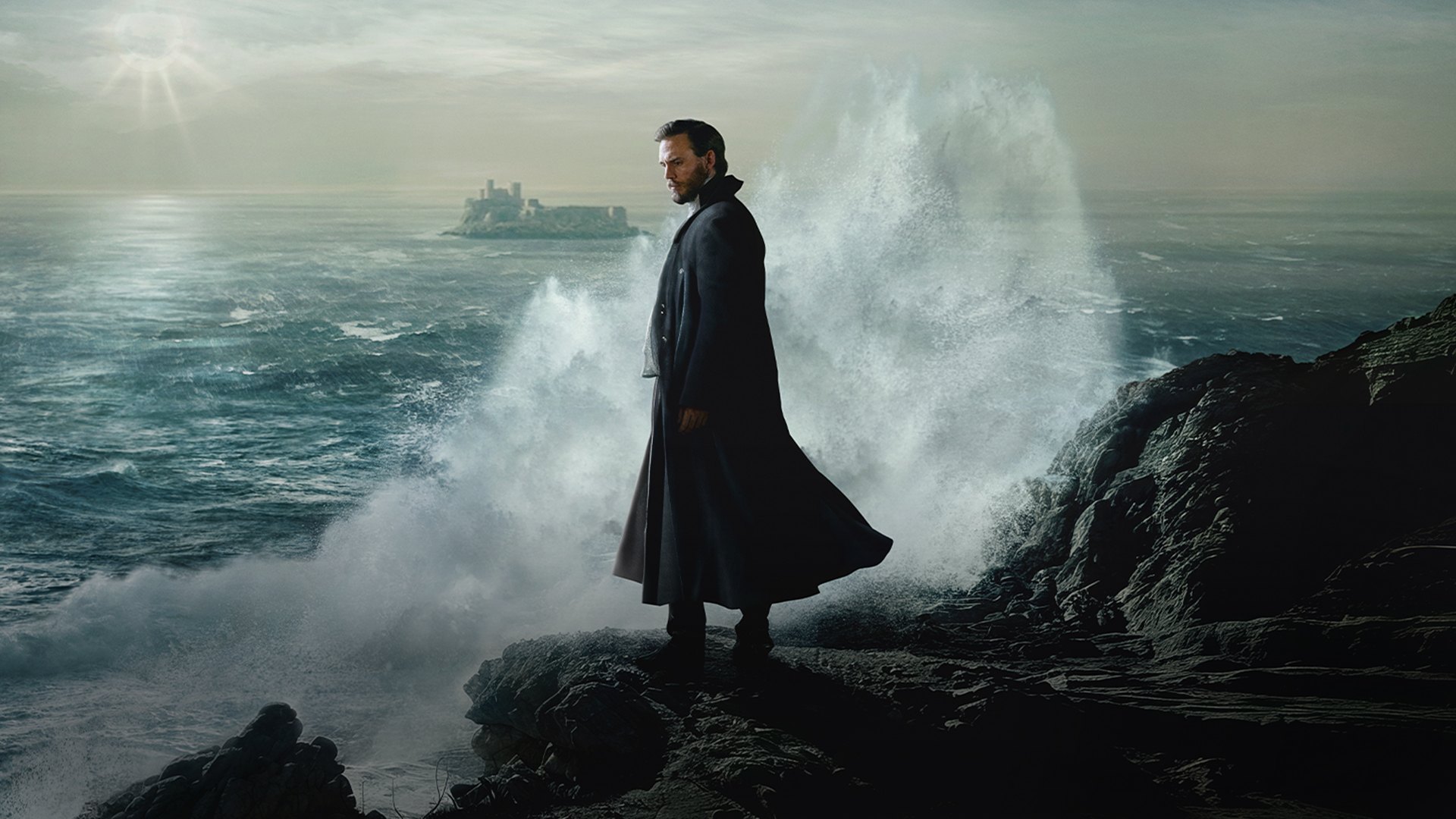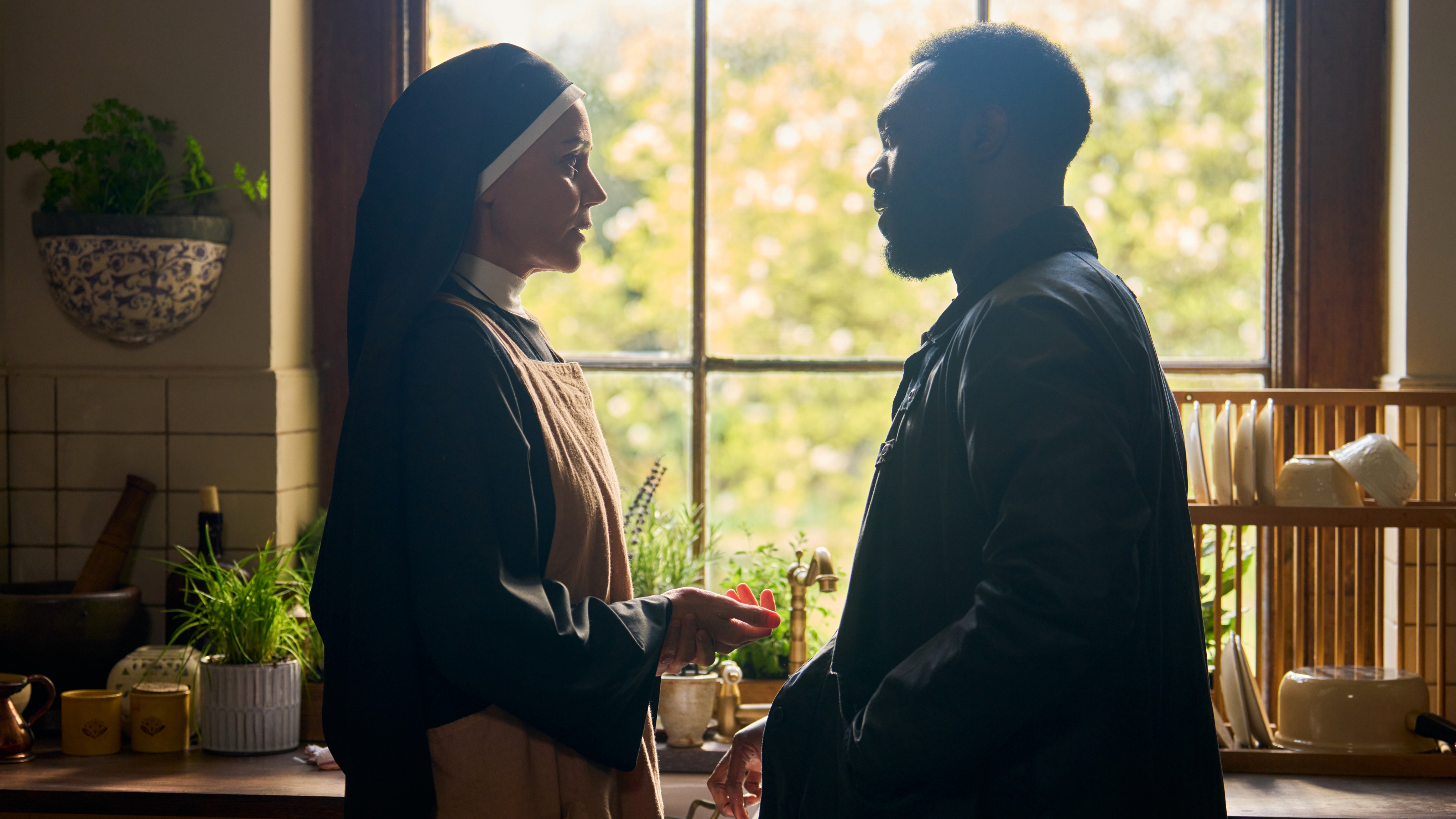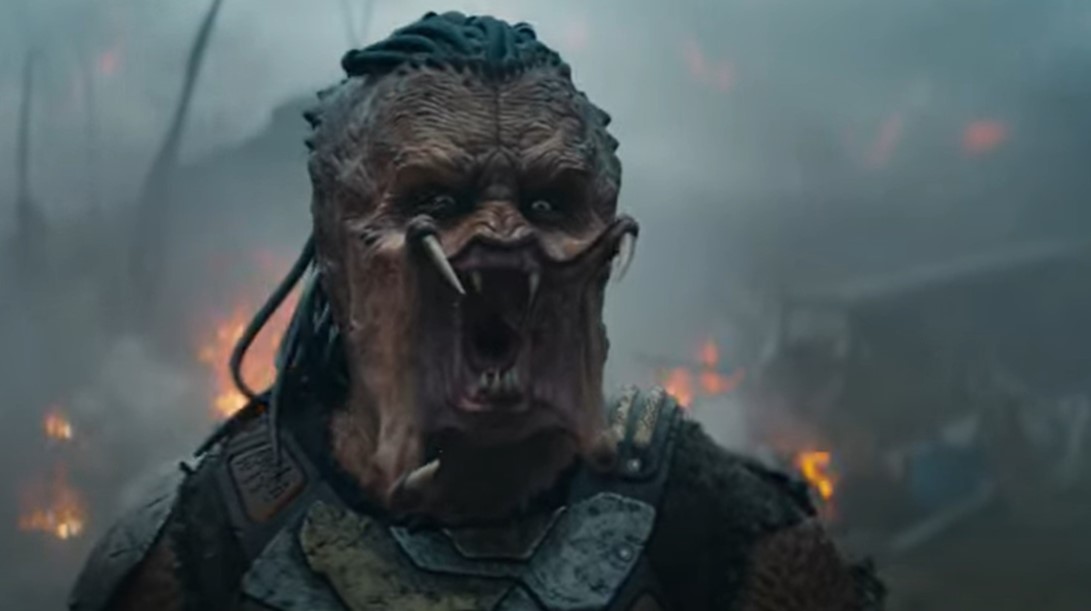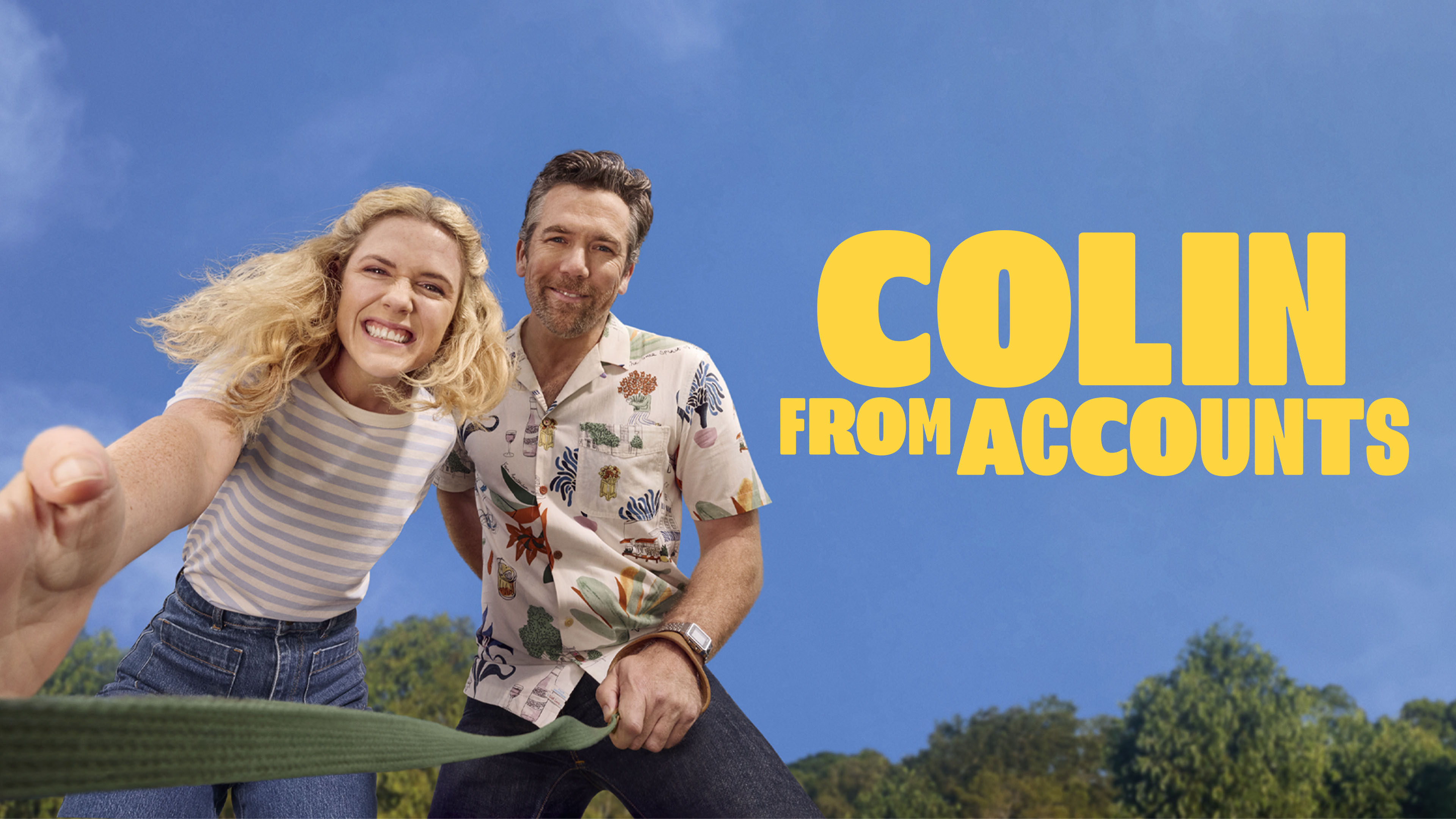Marisa's Top 10 movies of 2020
Cinematic reflections of resiliency among destruction and decay
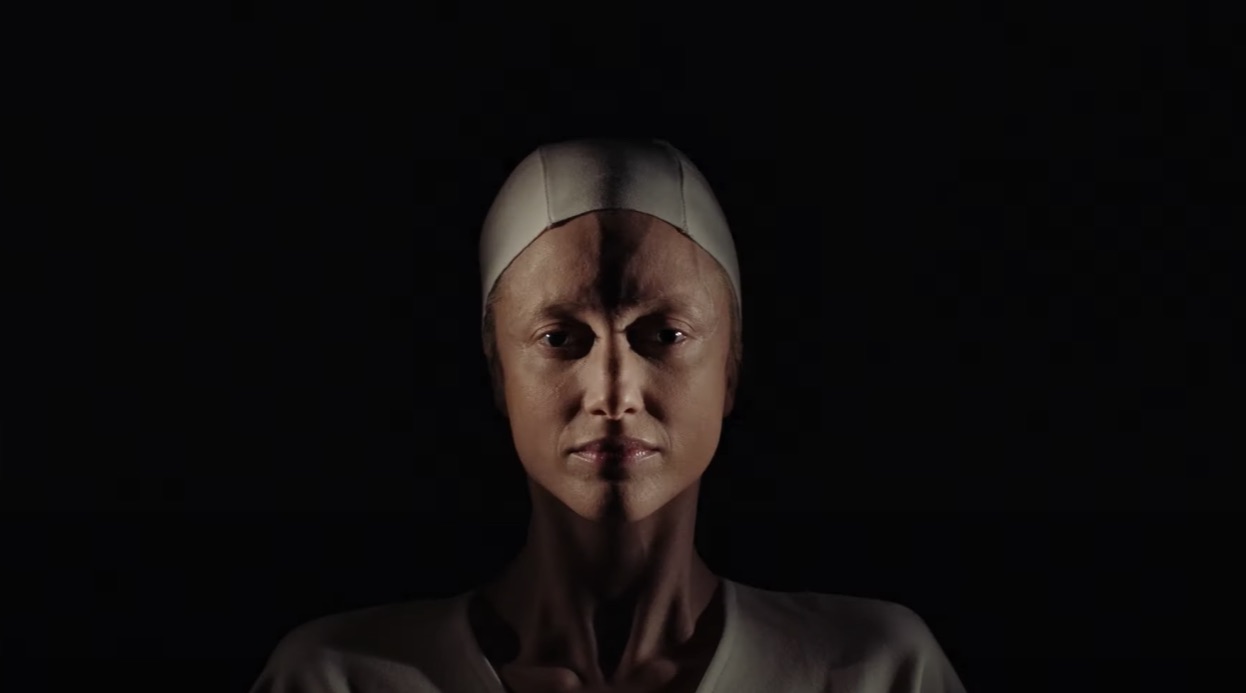
We're running Top 10 features from our critics for the rest of 2020! You can follow them all here.
2020 has been a hellscape, let's be honest. Among the lives that have been lost, lack of leadership, and local businesses shutting down across the country, it's hard to find much solace. However, there is always film. Movies provide the perfect escape from the otherwise painful realities we have all faced this year.
My favorite films this year all have characters that experienced pain and hardship in their own right, but somehow were able to find the beauty in their suffering. They adapted and some flourished while others just continued on as naturally as possible. These films also possess elements of curiosity and push the limits of what it means to be human, loved, and self-sufficient. In no particular order, here are my top ten films of 2020 which fit the year perfectly in all of its mesmerizing madness and mayhem.
10. Never Rarely Sometimes Always
If you’re a female, you’re probably pretty familiar with these words. Never. Rarely. Sometimes. Always. Four answer options asked to you by a stranger in a cold, sterile room during some of your most vulnerable and fearful moments. In Never Rarely Sometimes Always, Writer/Director Eliza Hittman tells the intimate story of 17-year-old Autumn (Sidney Flanigan) once she discovers she is pregnant. Navigating her options alone, Autumn tries any secretive method she can think of in order to end her pregnancy. Her stomach covered in bruises and soul stitched together with secrets, she heads to New York City with her cousin in order to get an abortion.
Hittman tackles a sensitive subject with delicate transparency while exposing the challenges young women face in taking control of their reproductive healthcare. A poignant and realistic portrait of pregnancy and abuse, Never Rarely Sometimes Always is a refreshing and subversive drama that everyone should see.
9. Relic
Deterioration comes in many forms, and time is typically the culprit. Writer/Director Natalie Erika James explores the mental and physical collapse of the physical body in her emotionally eerie film, Relic. The film follows Edna (Robyn Nevin), an elderly widow who lives alone and suddenly goes missing. Her disappearance prompts a visit from her estranged daughter Kay (Emily Mortimer) and granddaughter Sam (Bella Heathcote) as they spiral into a state of disorientation trying to figure out what is happening to Edna.
The degradation of Edna’s house is a direct reflection and metaphor for the decline of her mental and emotional state as a result of Alzheimer’s. Production designer Steven Jones-Evans successfully captures this mental fragility through the set design of Edna’s home with long, dark, meandering hallways and confusing paths that lead into nowhere. James ignites a slow burn film about loss in such a beautiful way that both the film and her innate talent stands out immensely within the horror genre.
8. The Vast of Night
Set in a small town in New Mexico during the 1950’s, The Vast of Night is a small budget gem reminiscent of The Twilight Zone. Director Andrew Patterson summons all of the fears from the Cold War Era in a suspenseful and dazzling debut. Jake Harrowitz stars as Everett, a teenage DJ who works at the local radio station. On the night of a big high school basketball game, Everett hears a strange noise come through the airwaves in which he consults fellow technology enthusiast Faye (Sierra McCormic) about. The two teens set out on a journey to decode the signals they receive and discover what lurks beyond. Cinematographer Miguel Ioann Littin-Menz captures the feel of the ‘50s with a granular light and vintage feel which aptly portrays rural America. Patterson uses a variety of techniques to heighten tension and dread including black-out shots and smooth, sweeping tracking shocks that showcase his natural talent behind the camera and promising career ahead.
7. Minari
Minari is a plant that grows very strongly in its second season after it has died and come back. Writer/Director Lee Isaac Chung uses the film as a metaphor for the South Korean family who moves to Arkansas in the ‘80s to start a farm. Their resilience is familiar to immigrant families in search of the American dream. The Yi family dynamic changes once their atypical grandmother arrives to stay with them. Her traditional ways are foreign to her grandchildren, especially David (Alan Kim). Stating she “is not a real grandmother”, David is resistant towards her presence and love.
Over time, the family grows closer and the blending of American life and Korean life allows them to appreciate one another for who they are, where they are. Kim delivers an adorable performance opposite Youn Yuh-jung, who plays the family’s grandmother. Steven Yeun stars as the patriarch and brings loving guidance to his role as a father trying to make a better life for his family. Chung’s story is heartwarming and relatable for families from all walks of life, making Minari both memorable and mesmerizing.
6. Hunter Hunter
In theory, living off the grid can sound appealing in the year of Covid 19. However, Writer/Director Shawn Linden traps audiences with this idealistic concept by serving a viscous and raw depiction of remote isolation. Devon Sawa and Camille Sullivan star as husband and wife who work as fur trappers whose livelihood is threatened by a rogue wolf who stalks their land. When Joseph (Sawa) sets out to hunt down the beast, a ripple effect of terror ensues. Hunter Hunter produces a unique type of dread filled with realistic fears and struggles. Sullivan is a standout and offers one killer performance. The ending of the film is one of the most intense yet satisfying conclusions and makes a memorable mark as far as genre climaxes go.
5. Black Bear
Writer/Director Lawrence Michael Levine brings a meta perspective to the world of filmmaking. Black Bear follows Allison (Aubrey Plaza), a writer/director who arrives at a secluded cabin to find inspiration and work on her next project Gabe (Christopher Abbott) and Blair (Sarah Gadon), the couple who own the cabin, become increasingly hostile towards one another as a result of Gabe’s obvious attraction to Allison. Abbott and Plaza exhibit a crazy magnetic energy throughout the film; it’s impossible to pull your eyes off of both of them. It’s best to go into Black Bear blind because there are several layers, twists and turns. Plaza delivers her best, most fierce performance to date and Levine provides an intriguing glimpse into the behind-the-scenes methods, connections, and techniques of filmmaking in a brilliantly kaleidoscopic manner.
4. Da 5 Bloods
This Spike Lee joint is about an American war drama that follows a group of Vietnam veterans who return to the country’s battlegrounds in order to recover the remains of their fallen squad leader, as well as the treasure they left buried in the fields. Lee showcases all of his inventive signature shots including the double dolly shot and inserting historical footage into the narrative. His latest is an interesting deep dive into PTSD and forgiveness as the group of friends travel back to Vietnam and deal with encountering resentful locals. There is also a complicated father son dynamic that ties into the film’s conflict which is a refreshing narrative to explore among the historical background and different generational mindsets. Lee successfully serves up another impactful sociopolitical commentary about what it means to be a Black American both historically and in present day. Consider his latest to be a must-watch.
3. Nomadland
Grief presents itself in various ways and when you lose everything, the concept of home changes its form. For Fern (Frances McDormand), a van is both her home and her escape after she survived the Great Recession along with the death of her husband. In her 60’s, she picks up odd jobs to get her to the next destination. Along the way, she encounters other nomads who prefer the transient lifestyle who serve as her companions, teachers and friends. While few outside their clan agree or understand her life choices, Fern has found solace in transition and fully embraced the only fearful constant in life: change. McDormand’s performance is powerfully potent, filled with beautifully subtle emotion; her eyes carry as much weight as the words she softly speaks. Writer/Director Chloé Zhao captures the faded yet industrious American spirit while showcasing a subculture that prefers, as Bob Dylan says, “to be on your own, with no direction home, like a complete unknown, like a rolling stone.”
2. Sound of Metal
Life instantly changes for Ruben (Riz Ahmed), a drummer in a metal band, when he begins to lose his hearing while on tour. At the request of his girlfriend and fellow band member Lou (Olivia Cook), Ruben reluctantly checks into a community treatment center where he learns to adapt and embrace his new way of life. Ahmed hits all the beats with an emotionally unforgettable performance. The sound design is stunning and allows the audience to experience Ruben’s journey first-hand, garnering both terror and empathy. Composer/Sound designer Nicolas Becker utilized the natural sound that Ahmed’s body generated. As his hearing loss progresses, the sounds of his body get louder which serves as a metaphor for the isolation Ruben begins to feel as he seeks answers and help. Director Darius Marder successfully captures an intimate portrait of a tortured artist, making Sound of Metal one of the most heartbreaking yet hopeful films of the year.
1. Possessor
Written and directed by Brandon Cronenberg (yes, son of David Cronenberg), Possessor is a mind-melting sci-fi horror film that is impressively visceral. Corporate assassin Tasya Vos (Andrea Riseborough) is hired to enter the bodies of other people in order to carry out kills. There is an existential element to the film since Vos becomes somewhat of a shell of a human and grapples with her true identity after spending so much time in other people's bodies. Themes of identity and gender prevail throughout and the nefarious corporate overlord is also evident throughout the film. Cronenberg creates deliciously diabolical special effects that couple extremely well with cinematographer Karim Hussain. It's gruesome, beautiful, and non-stop entertainment.
Get the What to Watch Newsletter
The latest updates, reviews and unmissable series to watch and more!
Marisa Mirabal is an Austin-based writer whose work has appeared on Fangoria, Collider, Birth.Movies.Death., Eater Austin, and The Austin Chronicle. She is a News Writer for SlashFilm and occasionally serves as a documentary juror for local film festivals. Marisa has a penchant for horror, documentaries, and '80s sci-fi movies. When she isn't conjuring up film analysis or news articles, she can be found reading, spinning film scores on vinyl, and sipping whiskey deep in the heart of Texas. If you want to check out more of her work or random posts about film, books, retro technology, and her dog, Annie Oakley, then you can find her on Twitter and Instagram.


